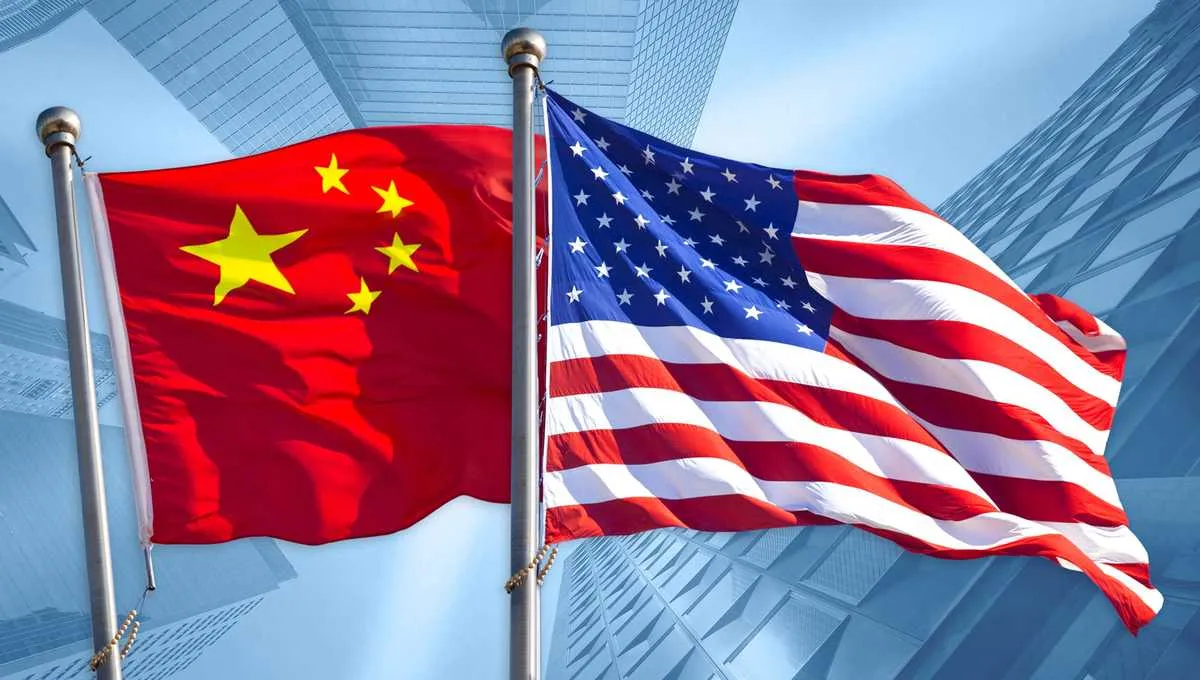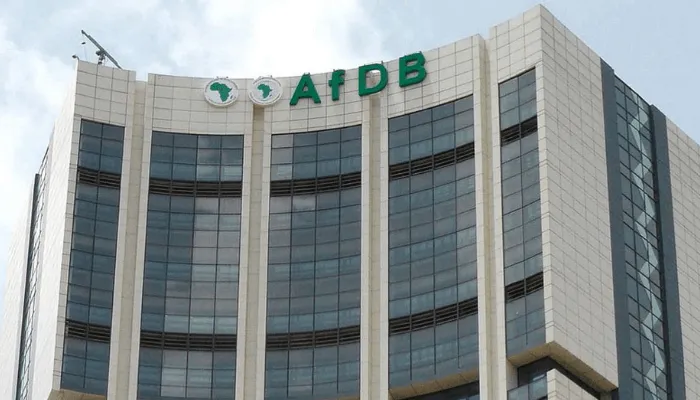Introduction
Kenya and the European Union (EU) have reinforced their commitment to the European Union-Kenya Economic Partnership Agreement (EPA), which officially came into force on July 1, 2024. This landmark trade deal is expected to significantly impact Kenya’s export market and its overall economy, fostering long-term growth and sustainable development. However, the deal has sparked mixed reactions, with both praise for its potential benefits and concerns over its implications for the local market.
Background of the EU-Kenya Economic Partnership Agreement
The EU-Kenya EPA is part of the broader EU-East African Community (EAC) EPA framework, an initiative aimed at enhancing trade relations between the EU and East African nations. The agreement, concluded in June 2023 and signed on December 18, 2023, represents a critical component of the EU’s 2021 Trade Policy Review. This policy emphasizes deepening trade agreements with African countries, promoting sustainability, and fostering economic partnerships that align with the EU’s global trade strategy.
The EPA provides Kenyan goods with duty-free and quota-free access to the European market, a significant advantage for the country’s export-driven sectors. In return, Kenya has agreed to gradually open its markets to EU imports, a move that some critics fear could expose local industries to stiff competition.
The Trade Agreement’s Impact on Kenya
Kenya’s Trade Cabinet Secretary, Salim Mvurya, has been a staunch advocate of the EPA, emphasizing its potential to revolutionize Kenya’s export sector. According to Mvurya, the agreement offers Kenyan exporters stable and predictable access to one of the world’s largest and most prosperous markets, encompassing 27 countries and a robust 14 trillion Euro economy. This stability is expected to attract significant foreign investment, particularly in sectors like agriculture and manufacturing, which are key drivers of Kenya’s economy.
One of the most promising aspects of the EPA is its potential to bolster Kenya’s leather industry. With one of the largest livestock herds in Africa, Kenya is well-positioned to become a major player in the global leather market. The EPA secures a substantial market for Kenyan leather products, ranging from industrial footwear to high-end fashion accessories. This, in turn, is expected to spur further investments from both European and Kenyan firms, creating jobs and boosting the economy.
In addition to tangible economic benefits, the EPA is aligned with Kenya’s green economy goals. The agreement includes provisions to promote trade and investment in an environmentally responsible manner. This is particularly significant as Europe has increasingly stringent sustainability standards, and Kenyan exporters will need to meet these requirements to maintain access to the lucrative EU market.
Environmental Sustainability and Trade
The commitment to environmental sustainability is a key feature of the EU-Kenya EPA. Dora Correia, Director General for Trade at the European Commission, emphasized that the agreement is not just about economic gains but also about ensuring that trade and investment are conducted in a way that protects the environment. Both parties have pledged to support the export of sustainably produced goods, which are increasingly in demand in Europe.
Kenya has been making strides in promoting a green economy, with initiatives aimed at reducing carbon emissions and promoting renewable energy. The EPA could accelerate these efforts by providing Kenyan businesses with incentives to adopt sustainable practices, thus aligning with global trends and ensuring long-term market access in Europe.
Expansion of Trade in Services
While the EPA primarily focuses on goods, it also opens up new opportunities for expanding trade in services, a rapidly growing segment of Kenya’s economy. The EU is particularly interested in enhancing access to its markets for Kenyan professionals, including engineers, doctors, and artists. This could lead to increased collaboration in sectors such as healthcare, engineering, and the creative industries, further diversifying Kenya’s export portfolio.
Ambassador Henriette Geiger, Head of the European Union delegation to Nairobi, highlighted the potential for service trade expansion under the EPA. She noted that future discussions would explore broader access to European markets for Kenyan professionals, which could lead to mutual recognition agreements and streamlined visa processes, making it easier for Kenyan professionals to work in Europe.
The EU-Kenya Trade Relationship
The EU is Kenya’s second-largest trading partner and its most important export market. In 2023, total trade between the EU and Kenya reached €3 billion (approximately KSh 413 billion), marking a 16% increase compared to 2018. This growth underscores the significance of the EU market for Kenya’s export-driven economy.
Kenya’s exports to the EU primarily consist of agricultural products, including vegetables, fruits, and flowers, which are highly valued in European markets. The EU imports from Kenya amounted to €1.2 billion (KSh 165.5 billion) in 2023, while its exports to Kenya, mainly mineral and chemical products, machinery, and equipment, totaled €1.7 billion (KSh 234.5 billion).
Despite the overall positive trade balance, there is a slight surplus in favor of the EU, with a difference of €466 million (KSh 64.1 billion). This imbalance highlights the need for Kenya to diversify its export base and add value to its raw materials to enhance its competitiveness in the EU market.
Challenges and Criticisms of the EPA
While the EPA offers numerous benefits, it has also faced criticism, particularly from those concerned about its impact on Kenya’s domestic market. Critics argue that opening up the Kenyan market to tax-free EU imports could undermine local industries, particularly in the manufacturing sector. There are fears that cheaper European goods could flood the market, making it difficult for Kenyan producers to compete.
To address these concerns, the EPA includes provisions that allow Kenya to protect sensitive sectors, such as agriculture, from immediate liberalization. These transitional periods are designed to give local industries time to adjust to the increased competition. Additionally, Kenya can invoke special safeguards to protect its agricultural sector, which is vital for food security and rural development.
The agreement also commits both parties to a deepened policy dialogue on agriculture and food security, ensuring that trade liberalization does not come at the expense of Kenya’s domestic food production. This is particularly important given the country’s ongoing challenges with food insecurity, exacerbated by climate change and other factors.
Agricultural Development and Food Security
The EPA’s chapter on agriculture is particularly relevant to Kenya, where agriculture remains a cornerstone of the economy, accounting for approximately 30% of the country’s GDP and employing more than 70% of the rural population. The agreement emphasizes sustainable agricultural development, including food and nutrition security, rural development, and the sustainable management of natural and cultural resources.
One of the key commitments under this chapter is the EU’s pledge not to apply export subsidies on agricultural products, even in times of market crisis. This commitment is crucial for Kenyan farmers, who often face stiff competition from subsidized agricultural goods from developed countries. By ensuring a level playing field, the EPA aims to support the growth of Kenya’s agricultural sector, enabling it to compete more effectively in the global market.
Furthermore, the agreement promotes income and job creation in the agricultural sector, which could help reduce poverty and improve living standards in rural areas. The EPA’s focus on sustainable agriculture aligns with Kenya’s Vision 2030, which aims to transform the country into a middle-income economy by promoting inclusive and sustainable economic growth.
Future Prospects and Conclusion
The EU-Kenya EPA represents a significant milestone in the trade relationship between Kenya and the European Union. While it offers substantial benefits, including enhanced market access, increased investment, and support for sustainable development, it also presents challenges that need to be carefully managed.
The Kenyan government, in collaboration with the EU, must ensure that the agreement is implemented in a way that maximizes its benefits while minimizing potential risks to local industries. This includes protecting sensitive sectors, promoting value addition, and supporting the growth of small and medium-sized enterprises (SMEs), which are the backbone of Kenya’s economy.
As Kenya continues to diversify its economy and strengthen its trade relationships, the EPA could play a crucial role in driving long-term economic growth and development. However, it will require careful monitoring and ongoing dialogue between the two parties to ensure that it delivers on its promises and contributes to a prosperous and sustainable future for Kenya.
In conclusion, the EU-Kenya EPA is more than just a trade agreement; it is a partnership that holds the potential to transform Kenya’s economy, enhance its global competitiveness, and promote sustainable development. By leveraging this agreement, Kenya can secure its place in the global market, create jobs, and improve the livelihoods of its people.
Photo source: Google
By: Montel Kamau
Serrari Financial Analyst
10th September, 2024
Article, Financial and News Disclaimer
The Value of a Financial Advisor
While this article offers valuable insights, it is essential to recognize that personal finance can be highly complex and unique to each individual. A financial advisor provides professional expertise and personalized guidance to help you make well-informed decisions tailored to your specific circumstances and goals.
Beyond offering knowledge, a financial advisor serves as a trusted partner to help you stay disciplined, avoid common pitfalls, and remain focused on your long-term objectives. Their perspective and experience can complement your own efforts, enhancing your financial well-being and ensuring a more confident approach to managing your finances.
Disclaimer: This article is for informational purposes only and does not constitute financial advice. Readers are encouraged to consult a licensed financial advisor to obtain guidance specific to their financial situation.
Article and News Disclaimer
The information provided on www.serrarigroup.com is for general informational purposes only. While we strive to keep the information up to date and accurate, we make no representations or warranties of any kind, express or implied, about the completeness, accuracy, reliability, suitability, or availability with respect to the website or the information, products, services, or related graphics contained on the website for any purpose. Any reliance you place on such information is therefore strictly at your own risk.
www.serrarigroup.com is not responsible for any errors or omissions, or for the results obtained from the use of this information. All information on the website is provided on an as-is basis, with no guarantee of completeness, accuracy, timeliness, or of the results obtained from the use of this information, and without warranty of any kind, express or implied, including but not limited to warranties of performance, merchantability, and fitness for a particular purpose.
In no event will www.serrarigroup.com be liable to you or anyone else for any decision made or action taken in reliance on the information provided on the website or for any consequential, special, or similar damages, even if advised of the possibility of such damages.
The articles, news, and information presented on www.serrarigroup.com reflect the opinions of the respective authors and contributors and do not necessarily represent the views of the website or its management. Any views or opinions expressed are solely those of the individual authors and do not represent the website's views or opinions as a whole.
The content on www.serrarigroup.com may include links to external websites, which are provided for convenience and informational purposes only. We have no control over the nature, content, and availability of those sites. The inclusion of any links does not necessarily imply a recommendation or endorsement of the views expressed within them.
Every effort is made to keep the website up and running smoothly. However, www.serrarigroup.com takes no responsibility for, and will not be liable for, the website being temporarily unavailable due to technical issues beyond our control.
Please note that laws, regulations, and information can change rapidly, and we advise you to conduct further research and seek professional advice when necessary.
By using www.serrarigroup.com, you agree to this disclaimer and its terms. If you do not agree with this disclaimer, please do not use the website.
www.serrarigroup.com, reserves the right to update, modify, or remove any part of this disclaimer without prior notice. It is your responsibility to review this disclaimer periodically for changes.
Serrari Group 2025





